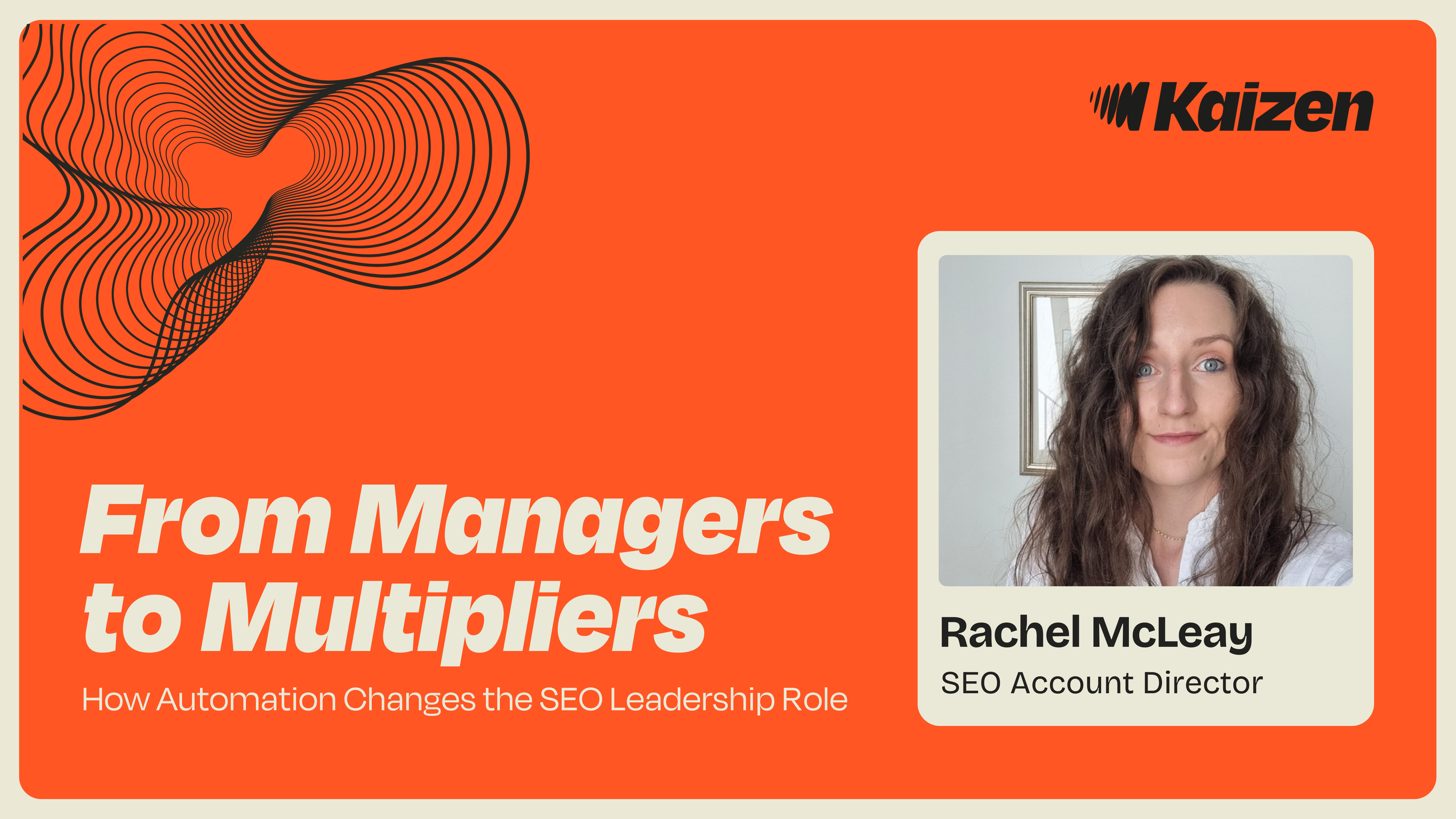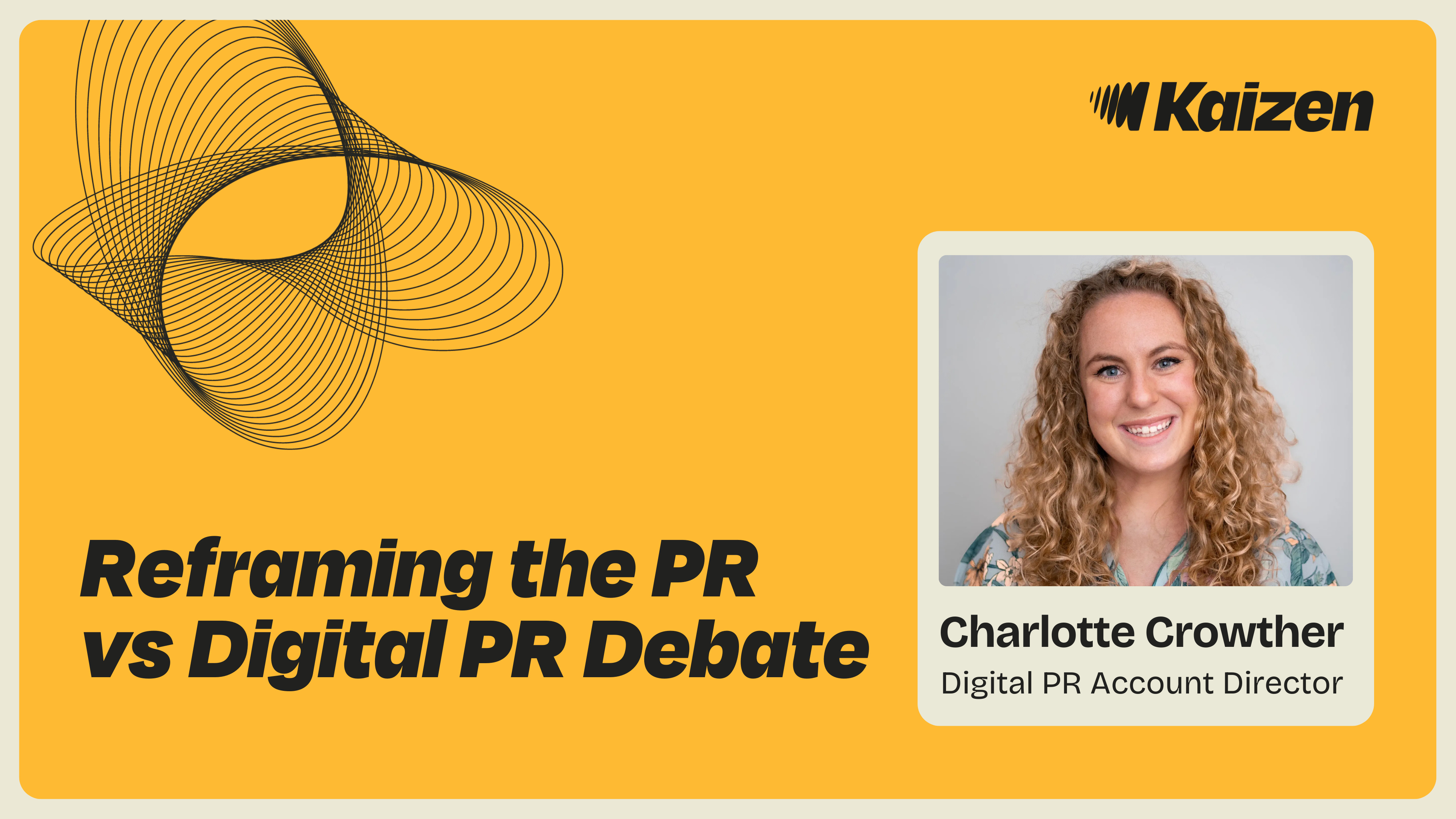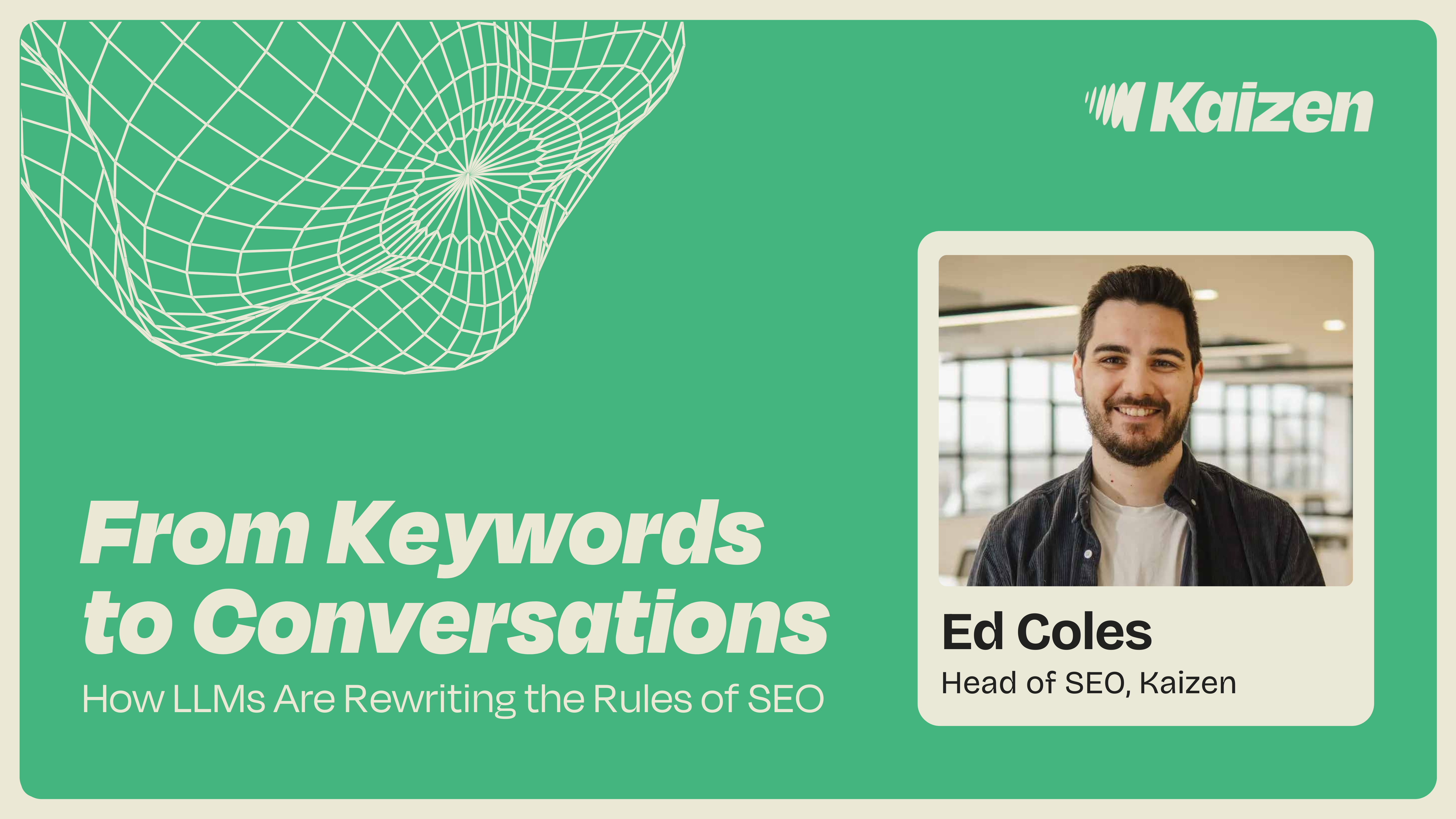5 Reasons Every Marketer Should Learn to Code
You’ve probably heard it a couple times already – read a clever article on Moz or from your smug colleague’s boasting over a cup of coffee in the morning: the next marketing must-have skill is coding. It may sound scary at first. You may think coding is just for geeks who misinterpreted math as a […]

You’ve probably heard it a couple times already – read a clever article on Moz or from your smug colleague’s boasting over a cup of coffee in the morning: the next marketing must-have skill is coding.
It may sound scary at first. You may think coding is just for geeks who misinterpreted math as a hobby at school and now get free gym, beer and M&M’s, working for some fancy cool tech start-up. Or is it, really?
I thought all those things too, originally. Then one day I enrolled in a free online coding course. Next month, I started saving hours of work thanks to my – frankly very basic – coding skills.
And to be honest, it doesn’t even involve math.
Which coding language should you pick?
The choice is overwhelming and no matter how many of your techie friends you will ask for some pointers, everyone will give you different advice.
But, this totally makes sense: each coding language is suitable for something different.
Guys from Carlcheo have put together this funny flowchart to illustrate a few of the options you have.

I started with HTML and CSS, followed by the basics of JavaScript, and this is how it saves my every day life:
1. Understand your website
My first big achievement was when I opened the source code of my company website, and… it started making sense to me. SEO is so much easier when you understand how websites work!
In order to make some basic optimisation – title tags, meta descriptions, image alt texts, link attributes or canonical links – you need a basic knowledge of HTML.
Even such a simple task as uploading your new blog post, video or article can benefit from a few HTML or CSS tricks. You will be able to correctly embed videos, make text prettier and images tidier, without needing to ask your agency or dev colleague.
2. Boost your Google Analytics
After you’ve mastered your HTML, step up your coding game and get on with JavaScript. Basic understanding of functions, variables, objects or loops etc. in JavaScript doesn’t require any math. With a bit of logical and abstract thinking you’ll be able to crack some more advanced settings in Google Analytics and Google Tag Manager.
For example:
- Classify your content in Google Analytics dynamically based on length of the post, type of a headline, author, number of images, etc.
3. Manage your spreadsheets in Google Drive
Google Sheets is a powerful tool on its own. With some JavaScript, it becomes a heavy-duty, multi-purpose weapon.
App Script is Google’s JavaScript library designed to manage not only spreadsheet but all tools from their Google Apps collection – Docs, Forms, Calendar, even Gmail. This allows you to open your spreadsheets to the world: you can, for example, connect your spreadsheet to your Google Analytics account (using Google Analytics API). App script can pull your chosen reports automatically to your spreadsheet, in pretty charts full of fresh data, every week – just before that dreaded Monday meeting. You can use the saved time to get yourself a fresh cup of coffee instead.
You can use it to automate mundane tasks, or even to create your own private apps. The possibilities and use cases are endless.
4. Use schema markup for more organic traffic
Structured data markup is a great way to make your website easier to understand for Google and other search engines. There are plenty of options to annotate your content and improve the way your website looks in search results: highlight your articles and events, or add your logo to the knowledge graph, etc.
The simplest option to do this is using JSON-LD markup (means JavaScript Object Notation – Linked Data). Creating a short snippet of code, a script in this case, will take you just a few minutes and can have a substantial impact on the click through rate and the amount of organic traffic for your website.
<script type=”application/ld+json”>
{
“@context”: “http://schema.org”,
“@type”: “Organization”,
“url”: “http://www.example.com”,
“logo”: “http://www.example.com/images/logo.png”
}
</script>
A great guide to different types of schema markup was published by Search Engine Land last year.
5. Automate your Google Adwords campaigns
Another great opportunity to leverage your coding skills is Google AdWords. Especially with medium and bigger campaigns, the amount of repetitive work to manage them can be overwhelming. Using some simple JavaScript you can create your custom Google AdWords scripts – or use and tailor some existing ones to automate reporting and bidding or upload ads in bulk.
Where to learn?
Everyone prefers a different way of learning and there are options to cater for everyone. Enrol in a local course in your neighbourhood, ask your friend for some lessons or start with books. A convenient and effective method is also online courses: self paced, with elements of gamification, it can be even fun to learn. Another bonus: many of them are free.
Here are some sites, which provide online coding courses:
Famous site providing mostly free selection of beginner to intermediate courses – HTML, JavaScript, Python and other.
Paid coding platform ($29/month), which also offers many free courses and content. Great as a follow up for what you’ve learnt at Codecademy.
Great selection of free and paid courses, including more in-depth nanodegrees.
More advanced platform for programmers to improve your coding skills in a fun way – through video games.

 Search
Search PR
PR AI Visibility
AI Visibility Social
Social

















